Have you ever wondered if the air inside your home could make you sick? It's a valid question, especially when thinking about the hidden parts of your home, like air ducts.
Read Full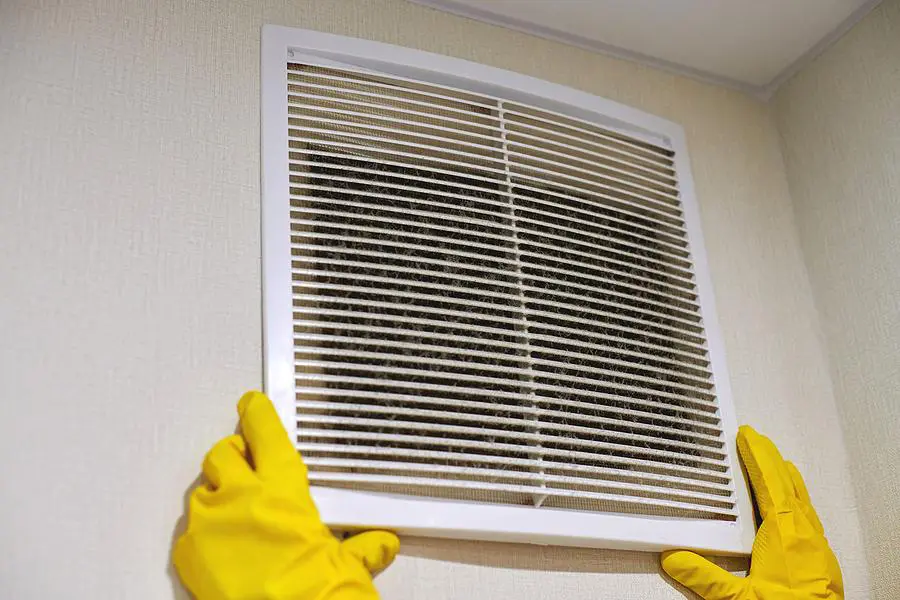
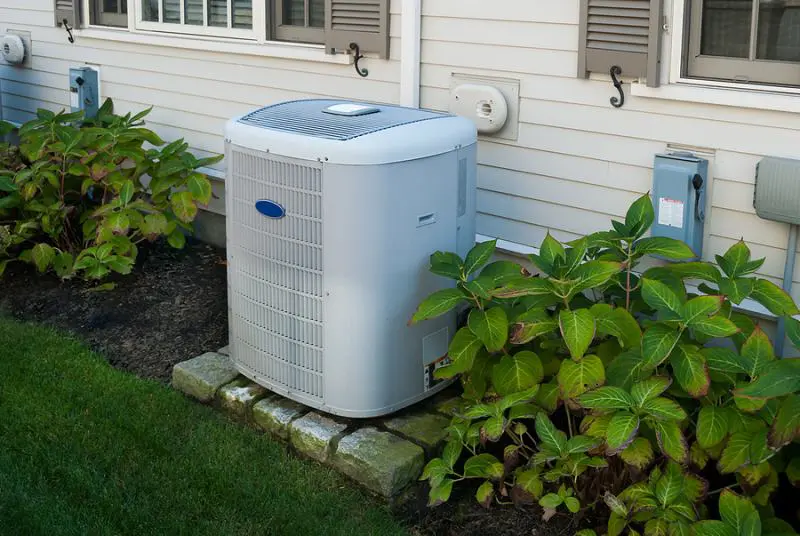
Did you know that AC units have a life expectancy of around 10-15 years? That means that even the most high-end unit will have to be replaced multiple times over the period of a decade — not exactly ideal when you consider how much they cost on average ($5,000). But how do you know which unit is right for your home? Which one should you choose? How can you make it last longer with regular maintenance? These are just a few questions that Zion Custom Air answers in detail and aims to provide insight into the world of air conditioning and AC repair.
To choose a long-lasting AC unit, you first need to determine what type of system is right for your home. Three main central air-conditioning systems are used in homes: ducted central-air systems, mini-split systems, and window units. Each has its own pros and cons that make it more or less suitable for specific situations.
Ducted central air systems are great for larger homes and provide consistent cooling throughout the house. These systems provide optimal comfort because they can be installed in attics or basements away from windows and doors. They also allow homeowners to control the temperature throughout their homes with a thermostat or remote control.
A mini-split system is similar to a ducted system but is far less expensive. A mini-split system consists of an outdoor condenser and an indoor unit. The indoor unit can be mounted on the wall or ceiling and directly connected to the outdoor part via tubing. Mini-splits are ideal for homes that don't have enough space for conventional air conditioners or for renters who want to avoid drilling holes in walls for ductwork installation.
Window units typically cost less than central air systems but are less effective at cooling rooms quickly and efficiently because they only cool the air that passes through them and not the entire room itself. They're also noisy and require regular maintenance (cleaning).
If you are buying an air conditioner for your home, consider getting one with a high SEER rating. This will help keep your energy costs down and ensure your house stays cool all year long. If you live in an area where summers are hot and humid, or winters are cold and dry, choosing an AC unit with a high SEER rating can help keep things comfortable inside your home throughout all four seasons.
Air conditioners are designed to last for a long time, but there are some things you can do to make yours last even longer.
You should clean your AC unit at least once per year. This will remove dirt and debris from the coils and keep them in good working order.
Not only does it stress the unit, but it can also shorten its lifespan by 10 percent or more. If you have too many appliances at once, try adding another circuit to the house instead of using extension cords or other temporary solutions.
You might think you're saving money by leaving your AC running while you're not home, but this isn't true — all it does is waste energy and shorten the unit's life span. Turn it off when you leave for work or school each morning, and then turn it back on before bedtime or when you get home from work or school at night.
A residential air conditioning system is more than just a one-and-done product. The longevity of your air conditioner is critical to the success of its use and will directly reflect on the sustainability of your home. If you're making a replacement or addition to your home, make sure you consider the longevity of the unit against the increased cost it may require. Reaching out to a reputable HVAC company is crucial to have any AC work completed properly and within budget.

Have you ever wondered if the air inside your home could make you sick? It's a valid question, especially when thinking about the hidden parts of your home, like air ducts.
Read Full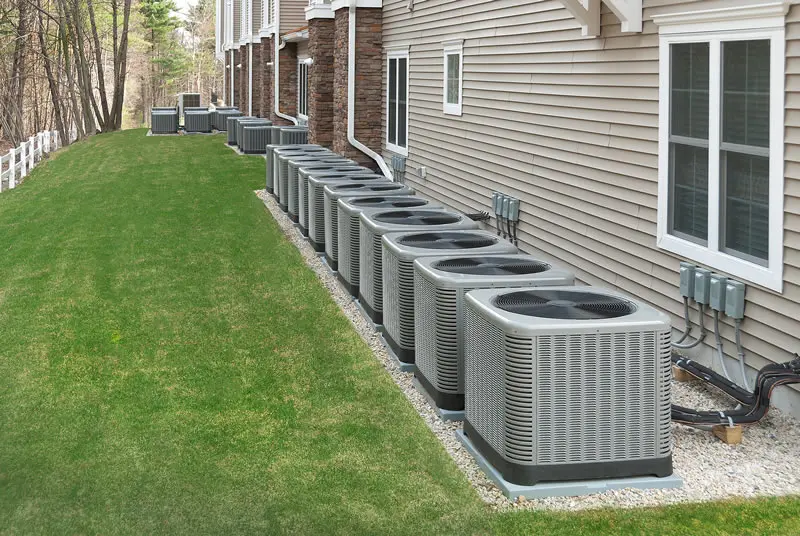
Finding ways to keep your home comfortable throughout the year can be difficult. Various solutions are available, but here, we will focus on two popular ones—heat pumps and
Read Full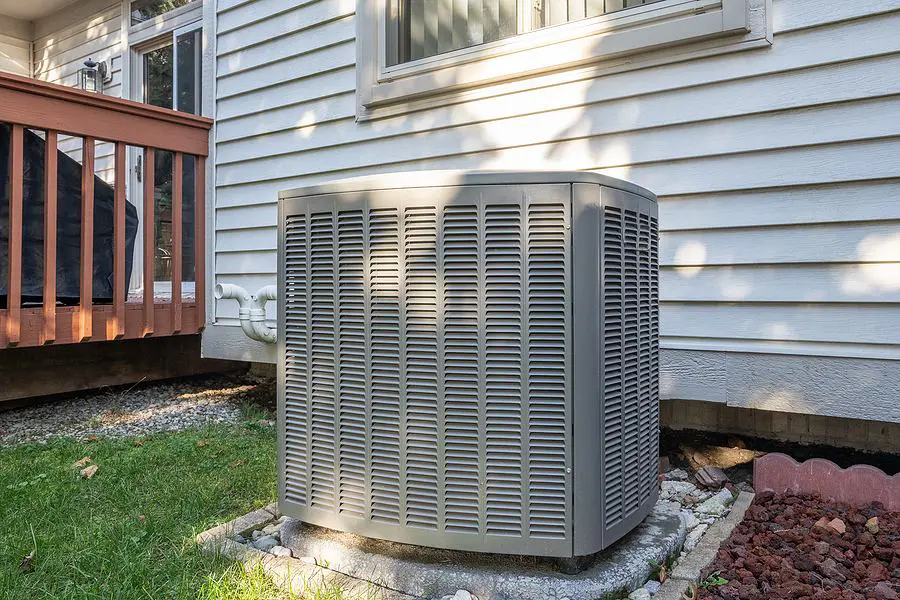
Finding an appropriate heating replacement and cooling system to keep your home comfortable can be challenging. Two popular choices are forced air systems and central air systems.
Read Full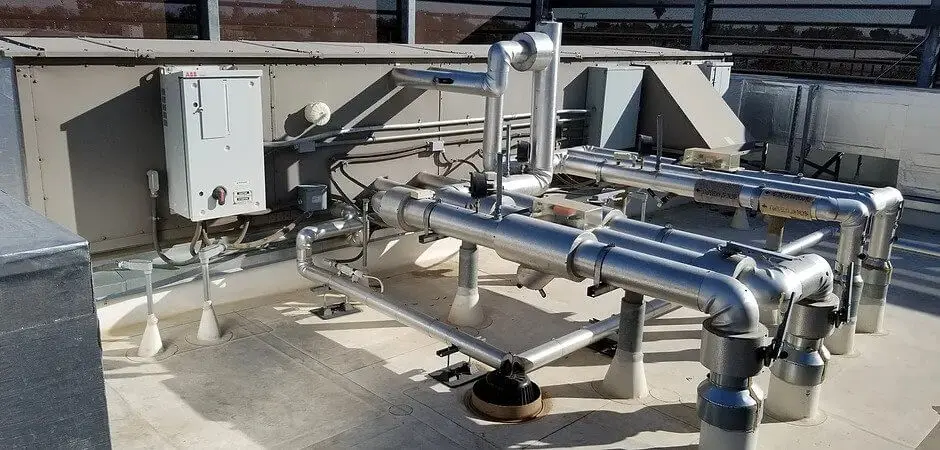
Finding the optimal heating design for your building is like selecting the ideal winter coat: It should fit comfortably, provide warmth without breaking the bank, and last through several
Read Full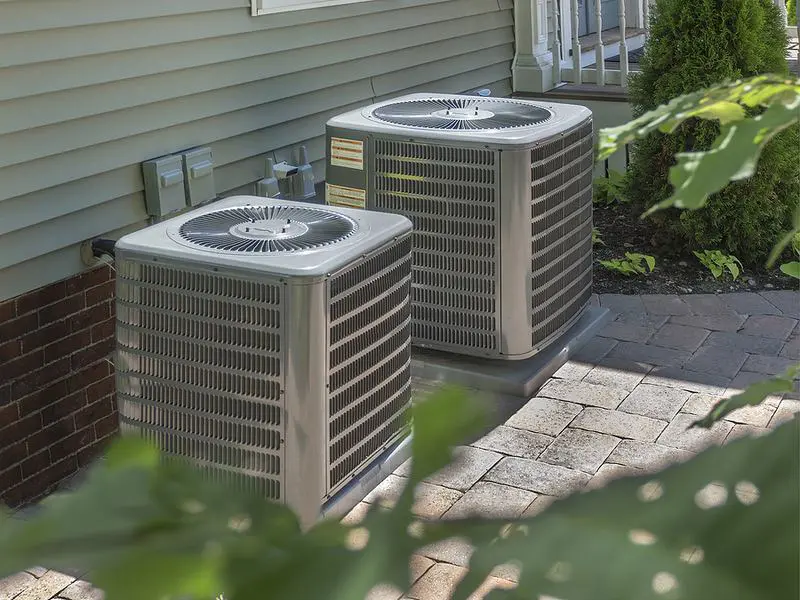
Heat pumps are like superheroes for our homes, keeping us cozy during winter and refreshing during summer. Unfortunately, even superheroes sometimes need help, so
Read Full18723 Via Princessa Ste 135, Santa Clarita 91321
661-361-3535Your local professional HVAC technicians. Schedule Heating & Cooling service today.
